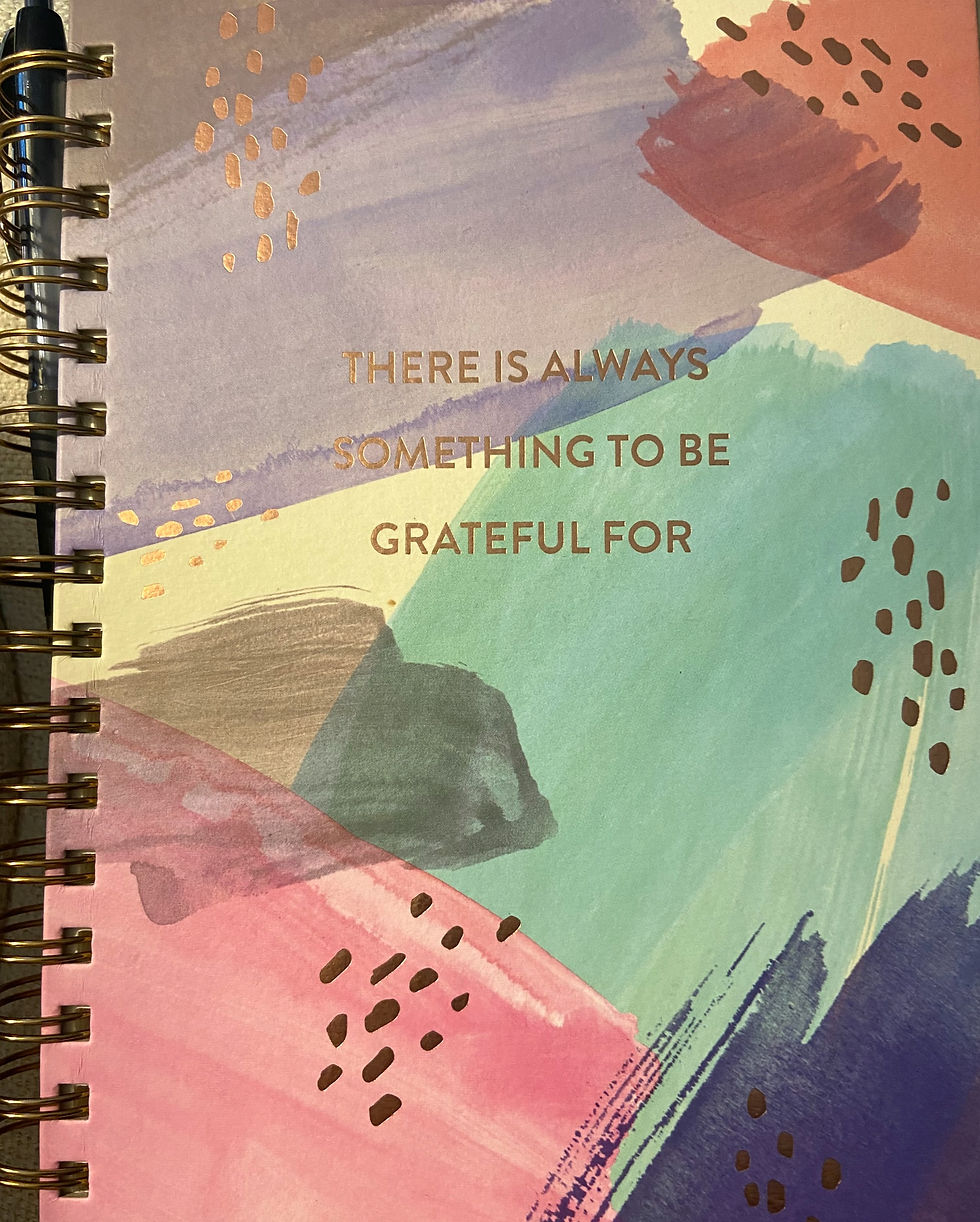Why Journaling Can Help You Become a Better Writer
- Della Cassia

- May 23, 2023
- 3 min read
Updated: Jun 5, 2023
Five Ways Journaling Can Inspire & Guide Your Personal Essay

Writing is a lonely craft. You live in your head if you're an essayist like me, constantly tapping into the well of your life for inspiration. However, that can get dangerous, especially if you've been through trauma. That's why journaling first about your topic is critical to writing essays that don't sound like a session with your beloved therapist.
When I first started writing personal essays, I thought the purpose was to share my life stories; the good, the bad, and the ugly. Whether it's about parenting, working, or adulting, my essays read as a rant of angry rhetoric spewed at the people who are no longer present to read them. Until I discovered the real art of journaling, which is much different than writing in a diary—something I had done on and off my entire life. This article from the Daily OM (one of my favorite mental health and awareness websites) inspired me to start my first real journal.
Unlike a diary that details daily happenings, journaling is a way to share your emotions and frustrations; it's a therapist on paper, something you can refer back to and read aloud to yourself so you can evaluate whether things bothering you are bothersome. By journaling before writing, you can avoid using your writing as a sounding board.
Check out these five ways journaling can help improve and inspire your writing:
1- Journal Every Day:
I am an early riser. I am up by 5:00 a.m. at the latest, and the first thing I reach out for is a cup of coffee and my journal. Then I let my feelings lead my pen. Sometimes I write about my goals for the day; other times, my fear and frustrations from the day before; occasionally, they are musings about something I heard or experienced; but most often, they are about a topic I want to write about.
2- Let it all out & let it go:
There is no holding back when you're journaling. You have to let it all out. Even if that means taking a break between words to cry, scream, roll your eyes, or curse. It's best to let it out in your private journal than in an essay you want to publish. You can write as much or as little as you want. There are mornings when I write three or four pages at a time; others, one or two paragraphs. Sometimes I pick up where I left off the next day or the day after. Other times I write about the same thing for days and pages until I feel I've gotten everything off my chest.
3- Start writing:
Now that you've spilled your guts to your therapist on paper and let go of what's troubling you, you can begin to write your essay, focusing on the topic rather than the baggage in your mind, which should remain between you and your trusted journal.
4- Proofread your essay for the words that belong in your journal:
Proofreading your work is nothing new—it's par for the course for every writer. However, you're not proofreading for grammar, punctuation, or conciseness in this case. You're proofreading to ensure that negative, self-punishing words didn't make it into your essay. Remember, those words should remain between you and the pages of your journal.
5- Rise and repeat:
Even when you're not working on a personal essay, making journaling part of your life as a writer is essential. There are a ton of articles out there on how to turn journal entries into publishable articles. And that's great for those who can do it. I prefer to use my journal as a filter for essays I want to publish. My journal is my best friend, therapist, and sounding board. I let the pages bear my deepest thoughts and cleanse my mind, so I can be the best writer I can be.
Journaling is a personal choice; like writing, it's also a lonely practice. You don't need an audience when writing in your journal or the perfect space. It's a practice that helps you unload the things that bother you, disturb your mental health and hinder your personal growth. As a writer, I journal because I seek clarity. Because when I sit down at my desk to write, I want my focus to be on my topic, not on my emotional baggage.







Comments